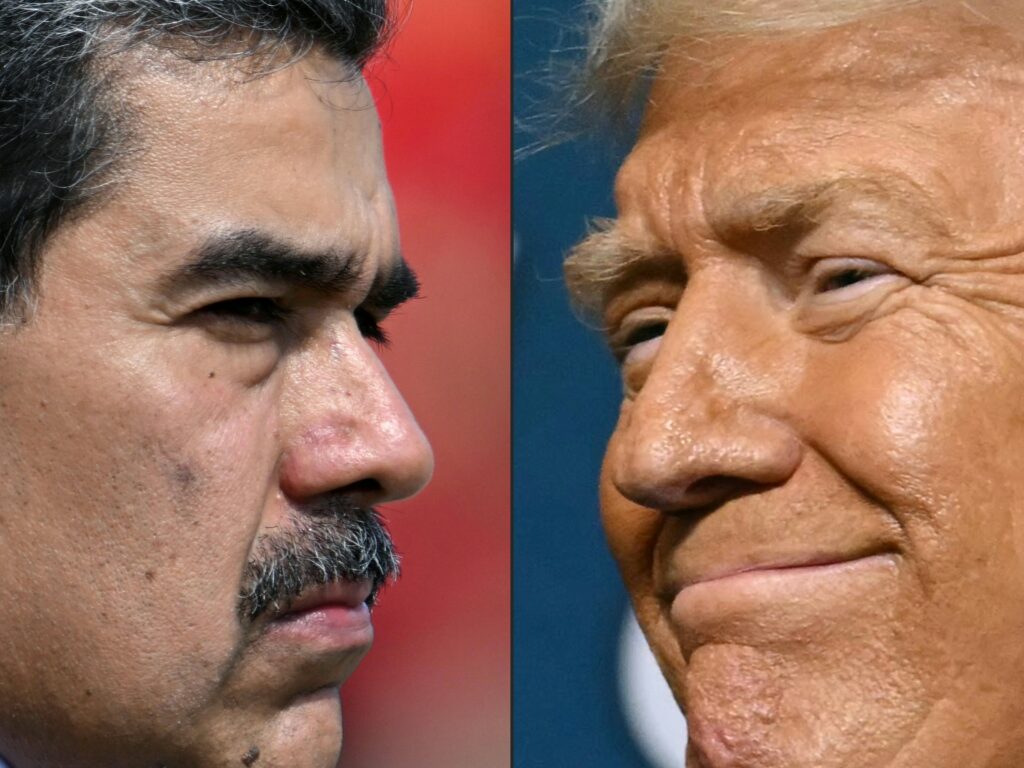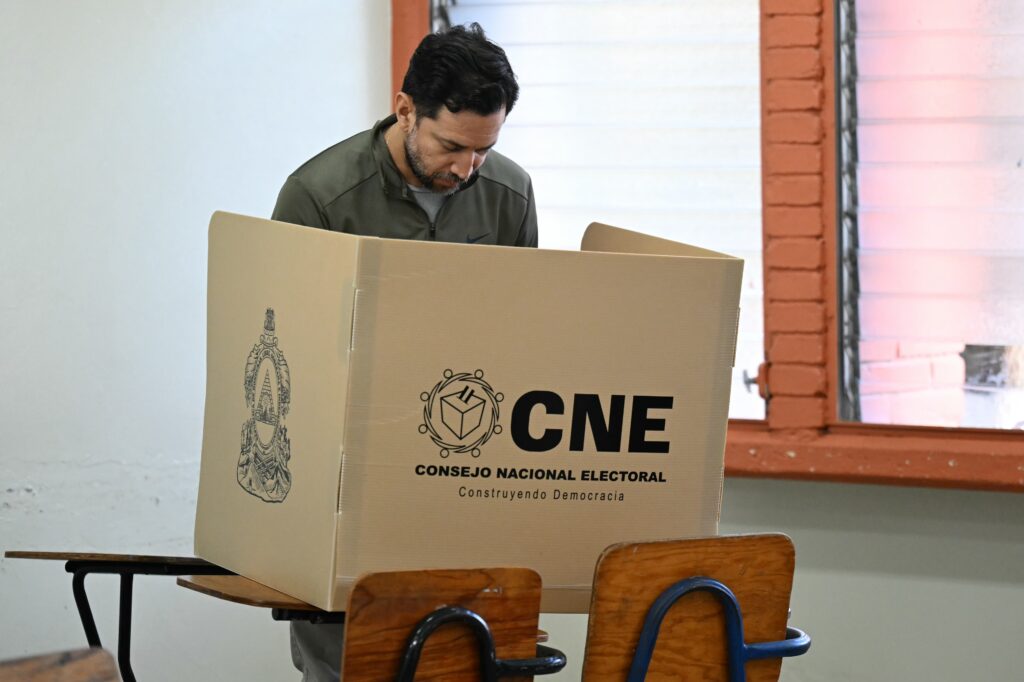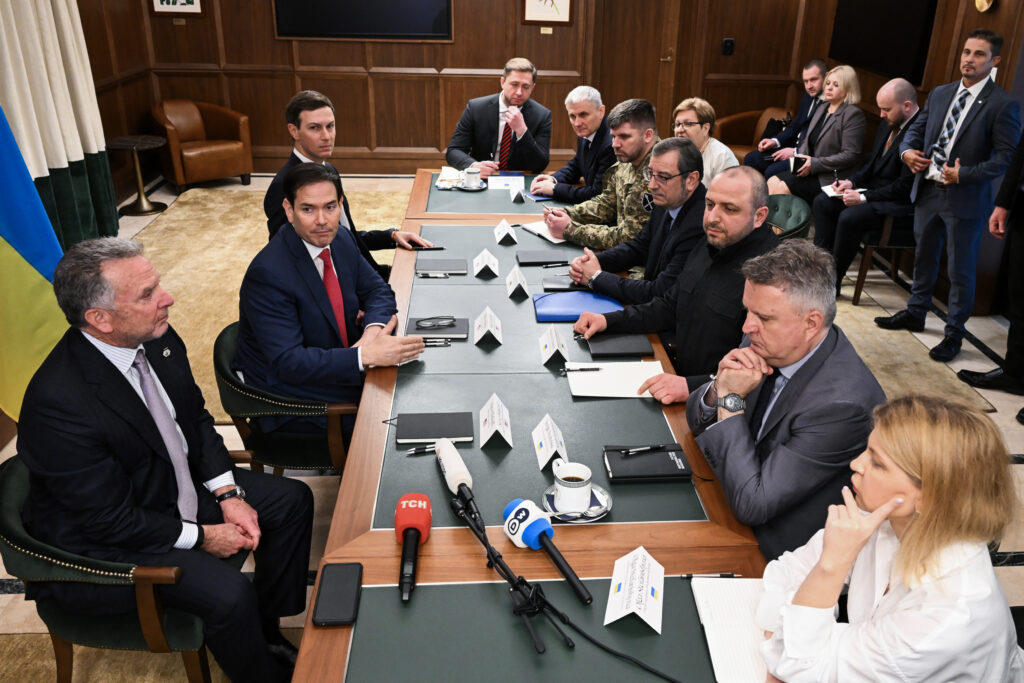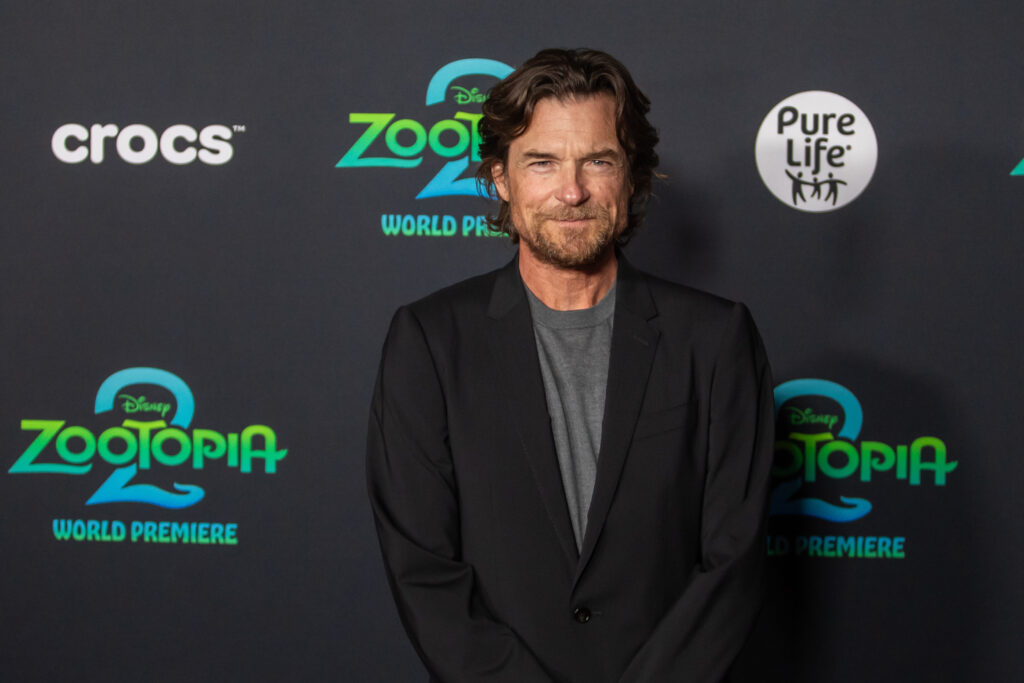Four dead, including three children, in California party shooting
Four people including three children were killed and 11 more were wounded in a shooting at a birthday party in California, authorities said Sunday, calling it a targeted attack that may have involved multiple gunmen.The shooting took place Saturday evening inside a banquet hall in Stockton, a city northeast of San Francisco, where between 100 and 150 people had gathered for the celebration.The four victims were aged eight, nine, 14 and 21, San Joaquin County Sheriff Patrick Withrow told reporters on Sunday. At least one of the 11 wounded was in critical condition, he said, adding he did not have more information about the others.”We believe, from what we’ve gathered so far, that it appears to be multiple shooters,” Withrow said.He called on the public to remain cautious as the investigation unfolds.Earlier, his spokeswoman Heather Brent said it appeared to have been a “targeted” shooting.The sheriff’s office urged anyone with information or video footage to come forward. So far, no one has been taken into custody.”These animals walked in and shot children at a children’s birthday party, and none of us should stand for that,” Withrow said. “And so if you know anything about this, you have to come forward and tell us what you know.”- $25,000 reward -Stockton Mayor Christina Fugazi said a $25,000 reward would be given to anyone providing information that led to the arrest of the assailants.While the sheriff said he could not yet confirm if the incident was gang-related, Fugazi did not hold back about who she believed to be responsible.”Let us call this what it is. Gang violence exists in cities across the country, but this act was a pure act of terrorism,” she said in a post on Facebook.Withrow said firearms were found on the roof of the building where the shooting occurred, but it was not clear if they were related to the crime. California Governor Gavin Newsom was briefed on the shooting, his office said on social media.There have been 504 mass shootings in the United States so far this year including the Stockton incident, according to the Gun Violence Archive, which defines a mass shooting as four or more people shot.burs-nr-rfo/sst/jgc





